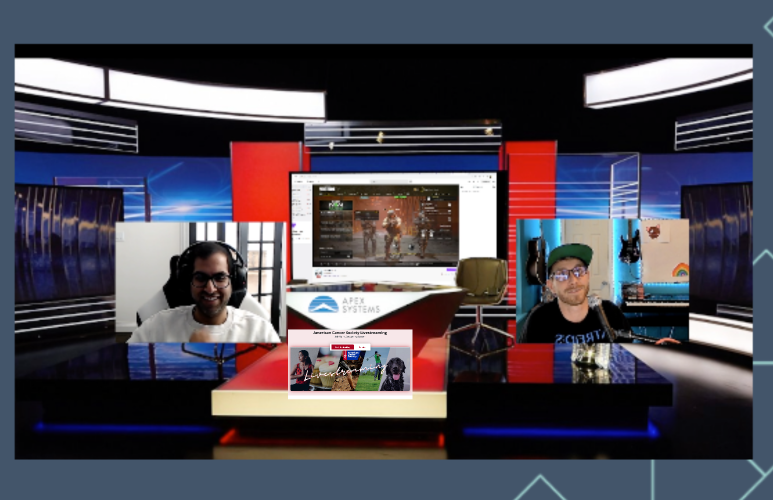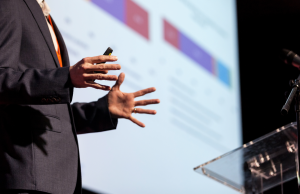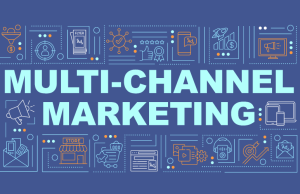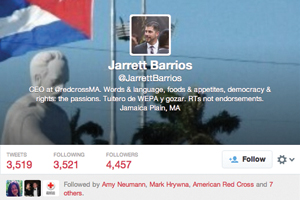Gamers — video and otherwise – continue to demonstrate it is possible to mix good works and high scores. Of late, several different game-focused entities have effectively mixed social consciousness, fundraising and play.
Gamers within Utica, New York-based Mohawk Valley Community College’s Strategic Gaming Club will strap themselves into their seats starting on Nov. 11 fueled by a steady flow of Mountain Dew and Red Bull. Once properly wired, they’ll embark on the Extra Life 24-Hour Gaming Marathon, a nonstop run of board, card and video games both for the fun of it and to benefit Children’s Miracle Network, a nonprofit that raises funds for children’s hospitals throughout North America.
“We have always played for Children’s Miracle Network with the funds going to our local hospital,” Strategic Gaming Club faculty advisor Melissa Barlett wrote in an email to The NonProfit Times. “The funds used to go directly to St. Luke’s pediatric unit and when the merger happened with [the St. Elizabeth Medical Center], now the funds go to Mohawk Valley Health System Foundation, but still directed to pediatrics.”
The event marks the 10th annual fundraiser undertaken by the Strategic Gaming Club. It has raised $11,692.40, including $1,055 last year, since the event’s 2013 launch. The 2020 event was held entirely virtually due to coronavirus concerns and 2021’s consisted of hybrid in-person and virtual play.
Funds are raised through donations based on sheer goodwill as well as in-game play (as when players reach specific milestones or undertake specific actions). In-person observers and participants can also buy raffle tickets.
Many participants livestream their play through platforms such as Twitch or YouTube. This year’s event has a fundraising goal of $2,000, and donations can be captured through the club’s fundraising page: https://bit.ly/3zSiDxA
November 5 was the date for a shorter-duration but wider-scope gamer fundraising effort on behalf of the American Cancer Society. At 6 p.m. ET, teams of gamers gathered to play Call of Duty: Warzone as part of the Gamers vs. Cancer series of fundraisers. The event raised $5,330.
Play is a sprint, as opposed to the Strategic Gaming Club marathon: the tournament will be over after four hours. Each player on every four-person team will have ponied up $20 to play, with the proceeds going directly to the American Cancer Society. One winning team will take home $500. The event is being co-hosted by Apex Systems, a Glen Allen, Virginia-based business technology supply company.
Since October 2020, Apex Systems has raised more than $10,000 in support of fighting cancer through eight gaming tournaments. The November 5 event was livestreamed via Apex’s Twitch platform: https://www.twitch.tv/apextreme_gaming
Both events come on the heels of another recently completed event: a monthlong in-game fundraiser hosted by online gaming platform FlowPlay on behalf of the American Cancer Society (ACS).
Between Oct. 3 and Oct. 31, individuals playing on FlowPlay’s VegasWorld.com virtual casino had the opportunity to purchase a branded in-game virtual charm. Proceeds supported the ACS’s patient navigation programs, which connect cancer patients with volunteers who guide patients and their families to support resources.
The October effort added $60,000 to the more than $400,000 FlowPlay had raised for the ACS during previous fundraisers. A related gala held on Oct. 29 contributed an additional $20,000, a FlowPlay spokesperson told The NonProfit Times.
Gamers can promote change through more than just fundraising. In some cases, they can take stances against structures they believe are not in the public’s best interest. In mid-September, Games Done Quick, a Minneapolis-based organization that hosts charity video game marathons, announced that it would be pulling out of its onsite January 2023 Awesome Games Done Quick event in Florida. The event will be held online between Jan. 8-15, and will benefit the Prevent Cancer Foundation.
In withdrawing from the onsite location, Games Done Quick leaders wrote in a statement, “While we would love to return in-person, we’ve determined that to provide a safe and welcoming event to all it was best that we move away from our originally planned location in Florida.
“Given the state’s continued disregard for COVID-19’s dangers (including anti-mandate vaccination policies) and an increased aggression towards LGBTQ+ individuals, including the law colloquially known as ‘Don’t Say Gay,’ we do not believe it is a safe place for our community at this time.”
Games Done Quick officials did not respond to request for comment, but a leader at another ethical gaming organization, Games for Change, offered support for the organization’s actions.
“Games for Change celebrated Games Done Quick with our Giving Award at the 2021 Games for Change Festival, in recognition of their community speed-running events, which have raised over $30 million for so many important causes over the past decade,” Games for Change President Susanna Pollack wrote in an email to The NonProfit Times.
“As mission-driven organizations and event organizers, we have a responsibility to be transparent about our values, and to be responsive to our communities and their needs,” Pollack continued. “Based on the largely positive response to the shift to an online event from the Games Done Quick community, it looks like the organizers’ statement resonated with their community’s values and needs. To us, this reflects a growing movement in the gaming community to advance safety, accessibility, and inclusion within the industry as well as the games and platforms being created. There’s a lot of research, dialogue and collaboration right now with the goal of making games more accessible to people of diverse identities and abilities, increasing representation in the game industry, and discovering new ways to use games to educate people and destigmatize differences.”
Nearly 3 billion people worldwide play games, according to Pollack, and as the industry continues to grow, there are important conversations underway about its impact. “Gaming communities, and the event organizers who support them, have a critical role to play in advancing these conversations, and that often means having difficult conversations and making difficult decisions, as we strive to build communities that prioritize safety, accessibility, diversity, equity and inclusion,” Pollack concluded.











